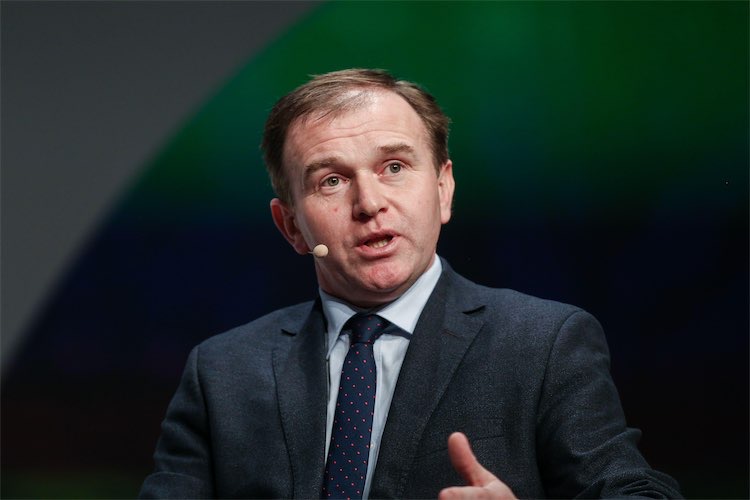Government Accused Of "Blind Optimism" Over Post-Brexit Farming Plans
Farmer gathering flock of Herdwick sheep with help from his sheepdog, Wasdale Head Lake District National Park, Cumbria, England. Credit: Alamy
4 min read
Defra's post-Brexit payment plan for farmers is based on “blind optimism” and the lack of information is "concerning", according to a powerful committee of MPs.
As the EU’s Common Agricultural Policy (CAP) payment system that dominated farming in the country for 40 years is phased out, ministers have instead proposed a scheme based on improved productivity and environmental management of land.
Known as “ELMS”, the Environmental Land Management Scheme will be launched in full in 2024 with the government outlining three payments available for sustainable farming, local nature recovery and landscape recovery.
However, in a damning report released by the Public Accounts Committee today, the Department for Environment, Food and Rural Affairs (Defra) is accused of having given "no detail" on how the schemes will work, or how it will offset the loss of EU payments, which will reduce by more than half in two years time.
Sir Geoffrey Clifton-Brown, Deputy Chair of the Public Accounts Committee, said: “We have known we were replacing the CAP since 2016 and still we see no clear plans, objectives or communications with those at the sharp end – farmers – in this multi-billion pound, radical overhaul of the way land is used and, more crucially, food is produced in this country.
“Farmers, especially the next generation of farmers who we will depend on to achieve our combined food production and environmental goals, have been left in the dark and it is simply wrong that Defra’s own failures of business planning should knock on to undermine the certainty crucial to a critical national sector.”
The report said that Defra acknowledged during their inquiry into ELMS that without the detail of plans, its confidence in the scheme could appear to be “just blind optimism as far as farmers are concerned”.
An average farm in England makes a net profit of just £22,800 a year, according to the report, and Conservative MP Clifton-Brown said there is fear that small scale farmers and tenants farms will go out of business.
The PAC report outlines that they believe Defra is over-optimistic about what it will be able to achieve by when, resulting in repeated delays and uncertainty over the delivery timetable for ELMS.
The report also states that the department has not explained whether the ELMS system contributes to the government’s environmental goals.
They are asking for Defra to report to the committee early in 2022, and then annually on how deliverable its plans are for the transition to a post-Brexit farming system.
They also highlighted a lack of trust between farmers and Defra to deliver the new programme and accused the department of a “last minute approach” to providing information.
Boris Johnson said in 2019 that Brexit would give British farmers the the opportunity to free themselves from CAP and end up with a better deal.
He said: “Once we leave… we will have a historic opportunity to introduce new schemes to support farming – and we will make sure that farmers get a better deal.
“Brexit presents enormous opportunities for our country and it’s time we looked to the future with pride and optimism.”
Environment Secretary George Eustice announced this week at the Oxford Farming Conference, that farmers and landowners will soon be able to bid for funding for “rewilding” the countryside, as part of the new payments system.
Up to 15 pilot projects will be awarded funding under the first of the “landscape recovery” part of ELMS.
Environment Secretary George Eustice said: “We disagree with many of the points made by the committee which fail to take account of recent developments.
“Farm incomes have improved significantly since the UK voted to leave the EU in 2016 and there will never be a better time to improve the way we reward farmers.
“In December, I set out comprehensive details of the Sustainable Farming Incentive including full payment rates and we published an in-depth analysis of UK food security and agricultural output.
“In the past week we’ve shared further details of the Local Nature Recovery and Landscape Recovery schemes and announced a major increase in payment rates for those farmers involved in existing agri-environment schemes.”
